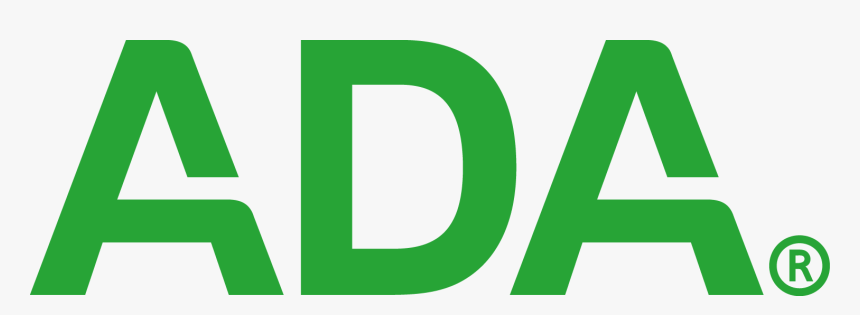ADA responds to WHO recommendations on oral health care
The ADA opposes the World Health Organization's stance on delaying non-essential oral care.

The American Dental Association (ADA) asserted that “dentistry is essential health care” during the COVID-19 pandemic in a statement released on Aug. 12. The statement is in response to the World Health Organization’s (WHO) recommendation on Aug. 11 to delay routine dental care to the coronavirus.
“The American Dental Association respectfully yet strongly disagrees with the World Health Organization’s recommendations to delay ‘routine’ dental care in certain situations due to COVID-19,” the ADA’s statement read.
“Oral health is integral to overall health. Dentistry is essential health care,” ADA President Chad P. Gehani, D.D.S., said. “Dentistry is essential health care because of its role in evaluating, diagnosing, preventing, or treating oral diseases, which can affect systemic health.”
Dr. Gehani also noted that in March, as U.S. cases were on the rise, the ADA called for dentists to postpone all dental procedures, except in urgent cases, in order to understand the disease, consider its effects on dental patients, dental professionals, and the greater community.
Both the ADA and the U.S. Centers for Disease Control and Prevention (CDC) then issued interim guidance for dental professionals related to COVID-19. The ADA’s guidance calls for the highest levels of personal protection equipment (PPE) available—masks, goggles, and face shields, as well as the use of rubber dams, and high-velocity suction when possible.
“Millions of patients have safely visited their dentists in the past few months for the full range of dental services,” Dr. Gehani said. “With appropriate PPE, dental care should continue to be delivered during global pandemics or other disaster situations.”
Oral health care workers are at an increased risk of being infected with COVID-19 or passing the infections to patients because they are in close contact with patients’ mouths, use spray-generating equipment, and are exposed to saliva, blood, and body fluids, according to WHO. The organization advises that routine, non-essential care—such as check-ups, dental cleanings, and preventative care—be delayed until there has been sufficient reduction in COVID-19 transmission rates. When possible, dental patients should be screened by virtual technology or telephone before appointments.
Urgent or emergency oral health care interventions that are vital for preserving a person’s oral functioning, managing severe pain, or securing quality of life should be provided to avoid unnecessary visits to hospitals and emergency rooms, WHO added.
WHO published updated guidelines regarding oral health on Aug. 3, which can be viewed here. The ADA’s statement can be read in its entirety here.
Study Shows Dental Opioid Prescribing Went Up During COVID-19 Pandemic
November 6th 2023A new study demonstrates that dental opioid prescribing increased during the peak of the COVID-19 pandemic, reinforcing the importance of non-opioid pain management solutions even during global health emergencies.